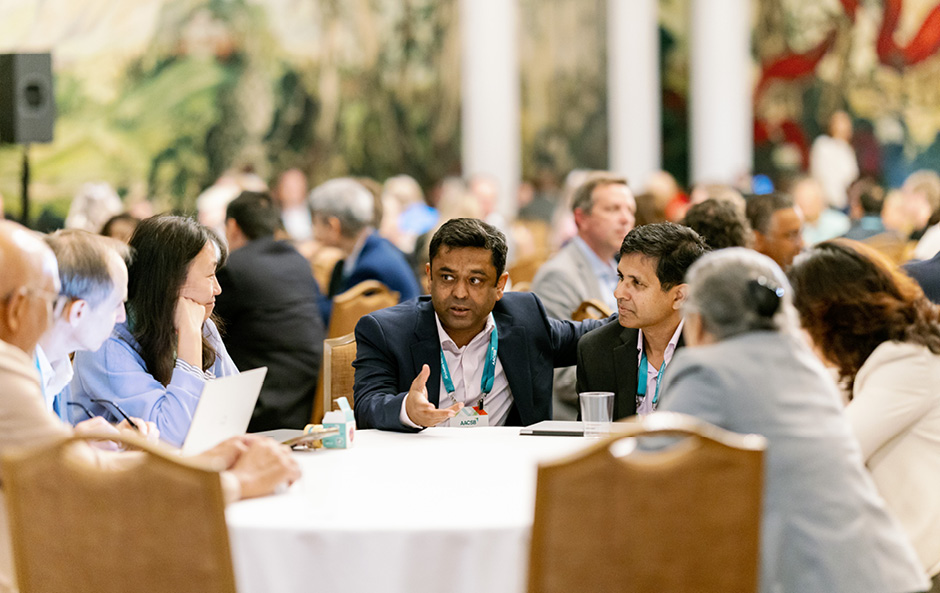Creating Collaborations Inside and Outside the University
Transcript
Julie Cogin: [00:18] The only thing constant in business these days is change. Business schools can't continue to educate students on how to apply standardized solutions to predictable problems. It's all about preparing students, not for their next job but the jobs after that, things like critical thinking, how to be creative, how to solve problems, how to analyze data.
[00:38] I think all of those types of graduate attributes are what's really important for business schools to be focusing on. The programs that we have coming up to address those skills gaps have a lot of education inside the classroom as well as outside the classroom. We have more cross discipline programs.
[00:56] It's not about marketing, accounting, managements now. It really is about cross discipline programs that are more relevant to the business world. Something that we're working on is, for instance, service innovation. A program in the service innovation includes marketing. It includes tourism, finance, economics.
[01:19] Those types of programs which are really about a sector rather than an academic discipline, I think, will be more relevant in the future. To effect better collaborations, I think that business schools could do a better job of translating their research to make it more relevant to government industry and the wider community.
[01:41] I also think that business leaders could engage in more evidence based decision making. Still, you see managers rely on their gut feel or limited experience when making decisions in business even when there's more relevant research which could guide a different path.
[02:00] Certainly, at the University of Queensland, we're trying to engage with the business community more so that they can form the research questions that our academics are asking. We have a number of breakfasts, forums, and thought leaderships sessions.
[02:18] It doesn't become any more one way communication from the academics to an audience, but it's two way engagement. We're getting ideas from the community.





